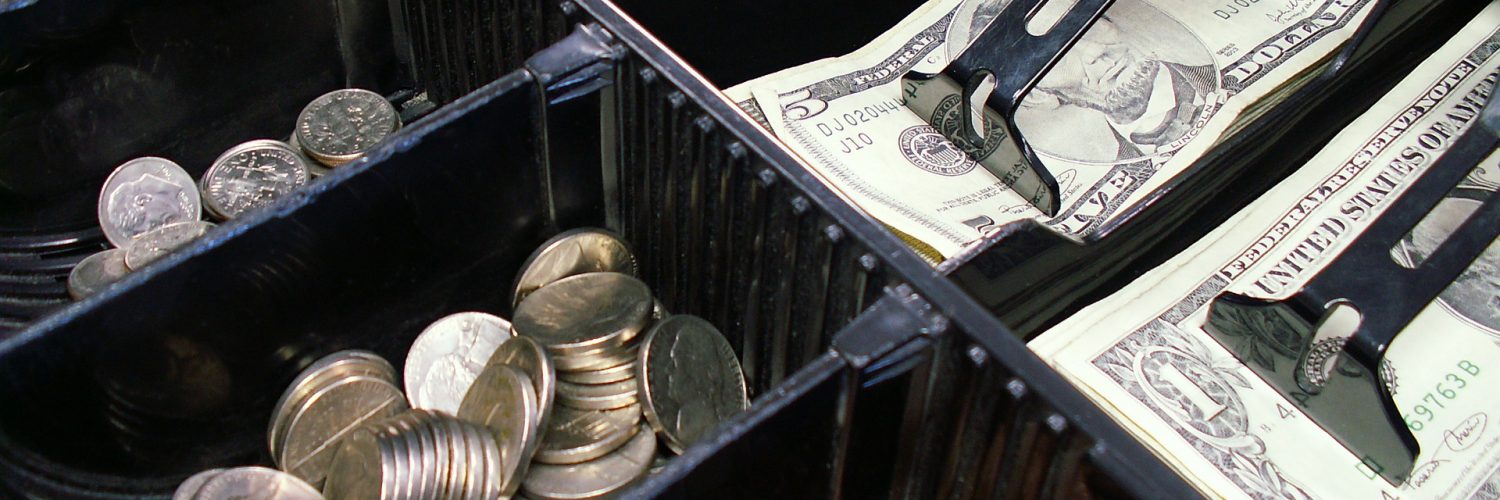The United States House of Representatives approved a federal minimum wage hike last week of $15 an hour by 2025. As the bill heads to the Senate, proponents say the legislation would pull millions of Americans out of poverty.
But opponents and a new federal impact analysis indicate it would pull millions out of work. Small businesses and rural America would suffer most, they said.
“At a time when the economy is expanding, wages are rising above inflation and unemployment is the lowest it’s been in decades, we should not be considering a job killing, income reducing legislation,” Rep. Ron Wright, (R) said during the floor debate last week. “The negative impacts of such a disastrous bill would be felt in high-income urban areas but they would be more severe in low-income rural areas.
“Economic conditions of Navarro, Texas, in my district where the median income is $45,000 are not the same as San Francisco where the median income is more than double.”
The bill passed along party lines with Democrats winning, 231-199. Called Raise the Wage Act (HR 582), the legislation calls for incremental rate hikes that would reach $15 per hour by 2025, with automatic increases thereafter.
Dubbed the “Raise Unemployment Act”
House Republicans derided Democrats for failing to address the potential impact on small companies that account for 99.9 percent of businesses in the U.S.
They called the bill a “Washington one-size-fits-all” mandate and dubbed it the “Raise Unemployment Act.”
Instead of helping employ workers, it promises to further increase automation, raise consumer prices, and shut down small companies that rely on entry-level, unskilled and youth workers, they said.
Help and hurt at the same time
Many pointed to a new analysis by the nonpartisan Congressional Budget Office (CBO) that estimates as many as 3.7 million jobs would be lost by 2025 if the bill is passed by the Senate, which is unlikely.
The analysis shows that most low-wage workers, earnings and family income would increase, which would lift “some families” out of poverty. But other low-wage workers would become jobless, and their family income would fall, in some cases, below the poverty threshold, the report states.
The mandate would also reduce business income and raise prices as higher labor costs were absorbed by business owners and then passed on to consumers, it states.
“Everyday Americans” would lose
Arizona U.S. House Rep. Debbie Lesko (R ) said that the wage hike would hurt “everyday Americans.”
“The Congressional Budget Office report estimated that this bill could result in a $9 billion dollar net reduction in family income and cost upwards of 3.7 million jobs, including over 23,000 jobs right here in Arizona,” Rep. Lesko said. “This bill will be devastating to our booming economy and harm the livelihood of millions of Americans and their families.”
Arizona already dealing with multi-year wage hikes
Twenty-nine states including Arizona and dozens of communities across the nation already have implemented minimum wage hikes well above the federal $7.25.
In Arizona, restaurants, hotels and other industries that rely on unskilled labor would be among those hardest hit, business advocacy groups said.
Businesses here already “are bracing for the final assault” of four years of annual minimum wage hikes approved by voters that culminate in 2020 at $12 per hour, said Chad Heinrich, state director for the National Federation of Independent Business.
“H.R. 582 would more than double the federal minimum wage – exceeding levels already strongly opposed by businesses in Arizona,” Heinrich said. “We can’t absorb more wrong-headed, job-killing policies from Washington while we’re still living yesterday’s nightmare.”
Economic output would drop by $2 trillion
NFIB’s Research Center estimates this legislation would cost the American economy 1.6 million jobs and reduce economic output by more than $2 trillion in 2029.
The NFIB study estimates adoption of H.R. 582 would result in:
- Approximately 1.6 million fewer jobs in the U.S. in 2029, with more than half of those private sector losses at small businesses
- A cumulative real economic output loss exceeding $2 trillion, including a $980 billion loss to the GDP and $103 billion loss to disposable personal income
- A loss of 900,000 jobs from businesses with fewer than 500 employees
- A loss of nearly 700,000 jobs at businesses with fewer than 100 employees
In Washington, D.C. Thursday, NFIB president and CEO, Juanita Duggan, issued a statement, calling on the Senate to block the bill.
“The House dealt a devastating blow to small businesses today, risking record growth, job creation, and already increasing wages. In states and municipalities across the country, a mandated minimum wage hike has consistently led to lost jobs, production, and income, and it must not be replicated on the federal level,” Duggan said.















Add comment